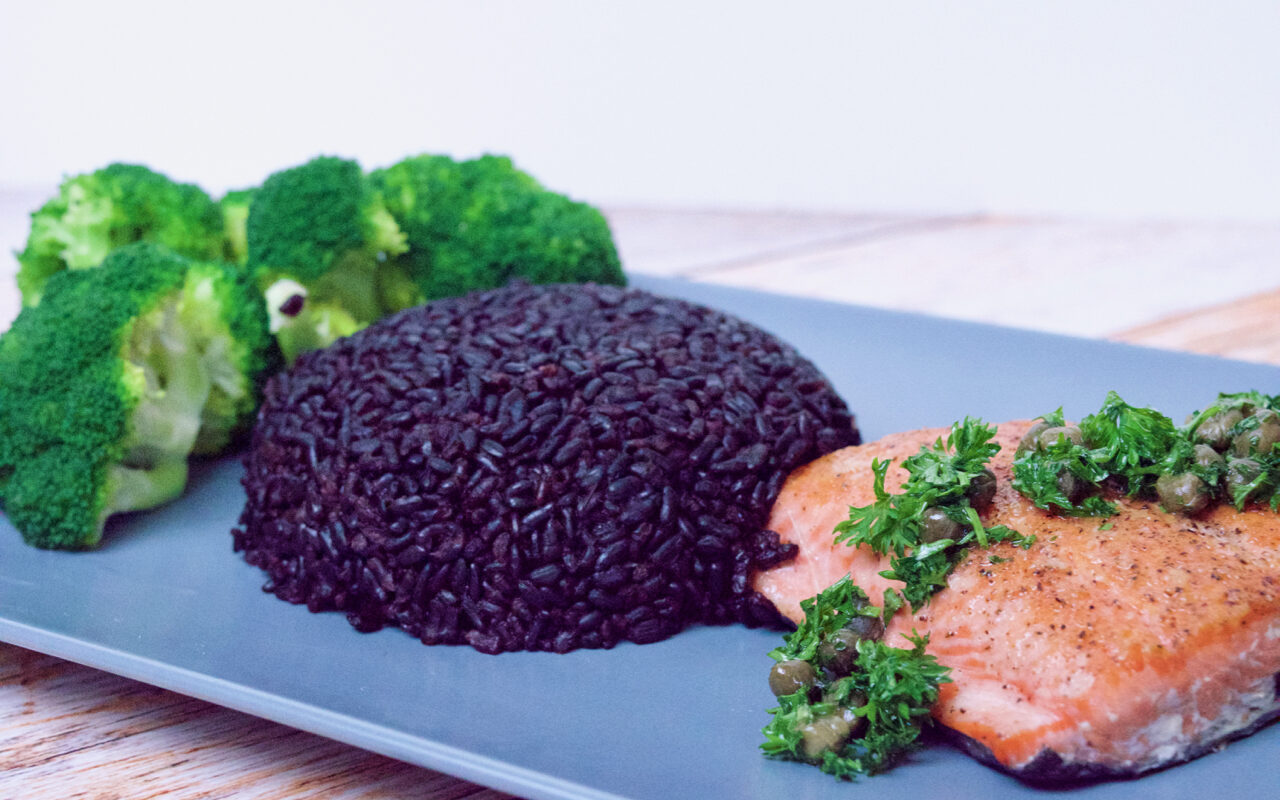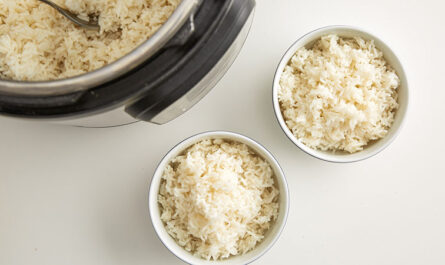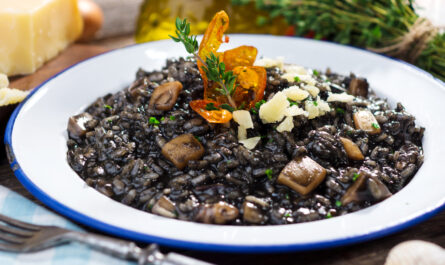As sushi lovers, our fascination with rice is unparalleled. Among the varieties that grace our plates, black rice holds a special place, not just for its exotic appearance and rich flavor, but for its myriad health benefits. One area where black rice truly shines is its impact on cholesterol levels. In this article, we explore the intriguing relationship between black rice and cholesterol, uncovering why this ancient grain might be your hearts new best friend.

What is Black Rice?
Black rice, often referred to as ‘forbidden rice,’ is a type of rice that has been consumed in Asia for thousands of years. Known for its deep black color which turns purple when cooked, black rice is rich in nutrients and boasts an impressive antioxidant profile. It’s a staple ingredient in many traditional dishes and has gained popularity in the modern diet for its health benefits.
The Nutritional Profile of Black Rice
Black rice is a powerhouse of nutrition. It contains high levels of protein, fiber, and iron. It’s also a significant source of flavonoids and anthocyanins, the latter being the pigments responsible for its dark hue. These compounds are known for their antioxidant properties, which play a crucial role in reducing inflammation and improving heart health.
How Black Rice Affects Cholesterol Levels
Studies have shown that the antioxidants present in black rice can help lower LDL (low-density lipoprotein) cholesterol, which is often referred to as ‘bad’ cholesterol. By reducing LDL levels, black rice contributes to a healthier cardiovascular system. The fiber in black rice also aids in reducing cholesterol absorption in the bloodstream.
The Role of Fiber in Cholesterol Management
Dietary fiber is known for its ability to lower cholesterol levels. Black rice is high in both soluble and insoluble fiber, which helps to reduce cholesterol absorption in the intestines. This means that regular consumption of black rice can lead to a decrease in overall cholesterol levels, promoting better heart health.
Anthocyanins: The Heart’s Ally
Anthocyanins are powerful antioxidants found in black rice. These compounds have been linked to a reduced risk of heart disease by improving cholesterol levels and blood pressure. They also help protect against oxidative stress, which is a significant factor in the development of cardiovascular diseases.
Incorporating Black Rice into Your Diet
Adding black rice to your diet can be a delicious and healthful choice. You can enjoy it as a side dish, in salads, or as a base for your favorite sushi rolls. For inspiration, you can check out this delicious recipe that combines black rice with beans for a nutritious meal.
Black Rice vs. Brown Rice: Which is Better?
While both black and brown rice are nutritious, black rice offers a higher level of antioxidants due to its anthocyanin content. This makes it a more potent option for those looking to improve heart health and reduce cholesterol levels.
The Impact of Black Rice on Heart Health
Consuming black rice regularly can lead to improvements in heart health. Its ability to lower cholesterol levels and reduce inflammation makes it an excellent choice for those looking to protect their cardiovascular system.
Scientific Studies Supporting Black Rice Benefits
Research has shown that the compounds found in black rice can significantly impact cholesterol levels and heart health. An interesting study published in the National Library of Medicine highlights these benefits and supports the inclusion of black rice in a heart-healthy diet.
Potential Side Effects of Black Rice
While black rice is generally safe for most people, it’s essential to be mindful of potential allergies. If you have a rice allergy, consult with a healthcare professional before incorporating it into your diet. For more details, you might find this article on allergies helpful.
Black Rice in Traditional Medicine
In traditional Chinese medicine, black rice is valued for its ability to nourish the blood and improve kidney and liver health. Its consumption is believed to increase energy and vitality.
Cooking Tips for Black Rice
Cooking black rice is simple but requires a bit more time than white rice. Rinse the rice thoroughly and use a 2:1 water-to-rice ratio. Bring it to a boil, then simmer for about 30-35 minutes until tender.
FAQs About Black Rice and Cholesterol
Is black rice good for lowering cholesterol?
Yes, black rice is effective in lowering cholesterol due to its high fiber and antioxidant content.
Can I eat black rice every day?
Absolutely, black rice can be eaten daily as part of a balanced diet. It provides numerous health benefits, including cholesterol management.
How does black rice compare to other grains?
Black rice is superior in terms of antioxidant content compared to many other grains, making it an excellent choice for heart health.

Conclusion
Incorporating black rice into your diet can be a strategic move for better heart health and cholesterol management. Its rich nutritional profile and heart-protective properties make it a valuable addition to any meal. Whether you’re a sushi enthusiast or someone looking to enhance your diet, black rice offers numerous benefits that can lead to a healthier you.
This article contains affiliate links. We may earn a commission at no extra cost to you.




